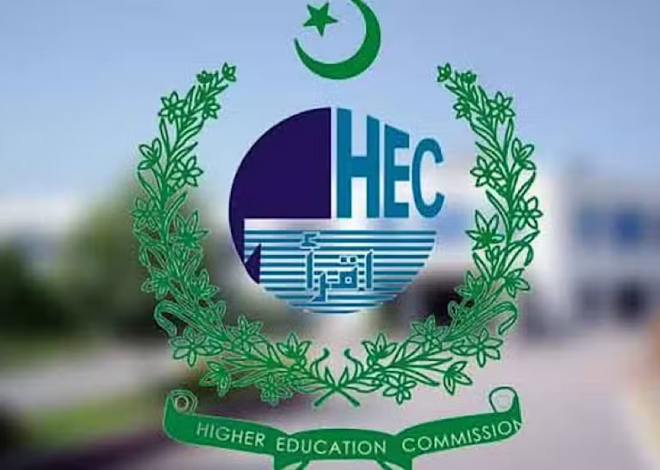
Pakistan’s Federal Government Implements New Social Media Guidelines for Civil Servants 2024
In a bid to regulate and guide the use of social media among government employees, Pakistan’s federal government has issued new guidelines that mandate responsible online conduct. These measures are part of a broader effort to ensure that government servants uphold the principles of neutrality, integrity, and propriety while engaging on digital platforms.
Strict Regulations for Social Media Engagement
The newly issued Office Memorandum by the Establishment Division outlines a set of rules that all government servants must follow when using social media. These guidelines build on the existing Government Servants (Conduct) Rules, 1964, which have been the cornerstone of maintaining professional behavior among civil servants.
As per the updated rules, no government servant is permitted to participate in any form of media, including social media platforms, without explicit authorization from the government. Rule 18 of the Conduct Rules clearly prohibits sharing official information or documents with unauthorized individuals, whether they are fellow government servants, private persons, or members of the press.
Maintaining Professional Standards and Avoiding Controversy
The guidelines also emphasize the importance of maintaining a non-partisan stance on social media. Government employees are instructed to avoid making public statements or expressing opinions that could embarrass the government or contradict its policies. Rule 22 further prohibits any form of public communication, including social media posts, that could potentially cause embarrassment to the government or conflict with official positions.
Moreover, the rules highlight that government servants must not express views that could harm the ideology or integrity of Pakistan, threaten national security, disrupt public order, or offend public decency. This includes refraining from making statements that could lead to legal issues, such as contempt of court, defamation, or incitement to unlawful activities.
Addressing Misuse of Social Media
Despite the established guidelines, the government has noted that some civil servants continue to misuse social media by sharing unauthorized information, spreading false or misleading content, and engaging in politically charged discussions. These actions violate the standards expected of public servants and undermine the integrity of the civil service.
In response, the government has issued a comprehensive set of instructions to enforce proper social media conduct. These instructions apply the same standards that govern public speaking and print media publications to social media use, ensuring consistency in professional behavior across all platforms.
Civil servants are specifically cautioned against engaging in political discourse or sharing opinions on social media that could compromise their neutrality. Additionally, they are advised to avoid disseminating unverified or misleading information, particularly concerning government affairs.
Constructive Use of Social Media Encouraged
While the new rules are designed to enforce discipline, the government also recognizes the positive potential of social media in governance. The guidelines explicitly state that they are not intended to discourage government organizations from using social media to interact with the public. Instead, government entities are encouraged to leverage these platforms to gather feedback on policies, seek suggestions for improving services, and address public grievances.
However, it is also emphasized that these platforms must be closely monitored to remove any content that is deemed offensive, inappropriate, or otherwise objectionable. This ensures that public discourse remains constructive and respectful.
Consequences for Non-Compliance
The memorandum warns that any breach of these social media guidelines will be treated as misconduct and will result in disciplinary action under the Civil Servants (Efficiency and Discipline) Rules, 2020. This includes holding accountable not just the individuals who violate the rules but also the administrators of social media groups if they are government employees.
The memorandum calls on federal secretaries, additional secretaries, service or cadre administrators, chief secretaries, and heads of civil service academies to ensure that these guidelines are implemented and adhered to across all government departments. The federal government is committed to upholding the highest standards of conduct among its employees, both in their official duties and their online interactions.







